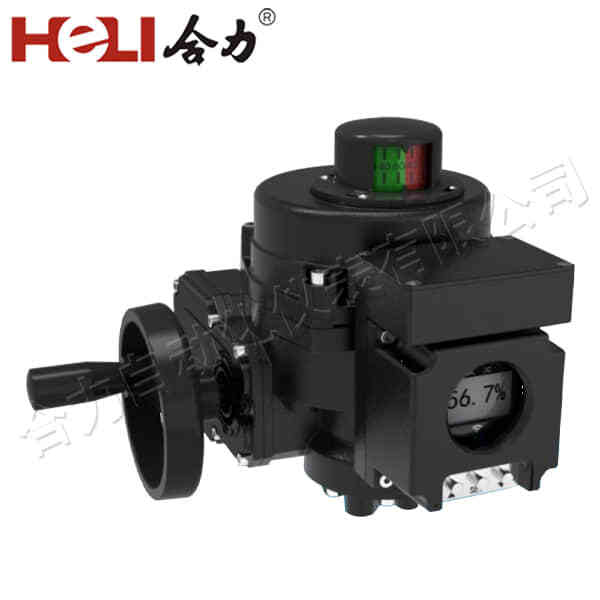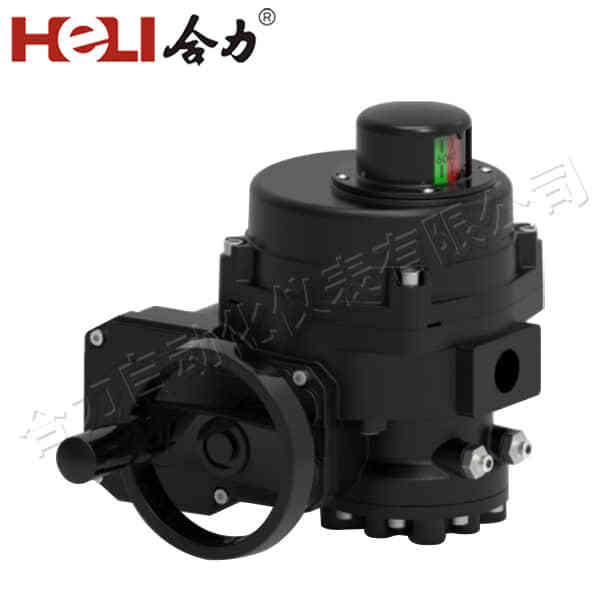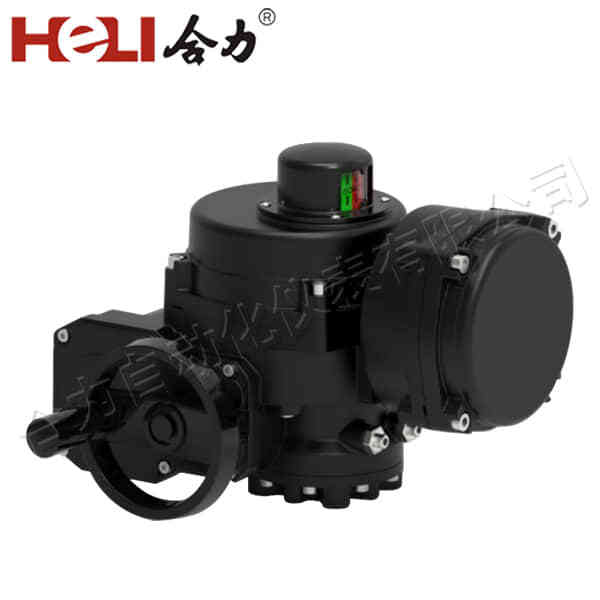Explosion-proof electrical installations are a critical aspect of modern industry, designed to ensure the safety and integrity of operations in environments where there is a risk of explosions. These environments are typically found in industries such as oil and gas, chemicals, pharmaceuticals, and mining, where flammable gases, vapors, or dust particles are present. The aim of explosion-proof electrical installations is to prevent ignition sources from coming into contact with these hazardous materials, thus protecting both people and equipment.

Understanding Explosion-Proof Technology

The primary function of explosion-proof electrical installations is to contain any potential internal explosions or prevent the ignition of hazardous substances. These installations are designed to meet rigorous safety standards to ensure that electrical equipment can operate safely without triggering an explosion in environments where the presence of flammable gases or dust is a constant concern. Explosion-proof electrical equipment comes in various forms, each designed to protect specific components or systems. The term “explosion-proof” doesn’t necessarily mean that the equipment is indestructible but that it is constructed to prevent the spread of an internal explosion to the surrounding environment. This protection can be achieved in several ways, including through the use of robust enclosures and seals that can withstand internal pressure and contain flames or sparks.
